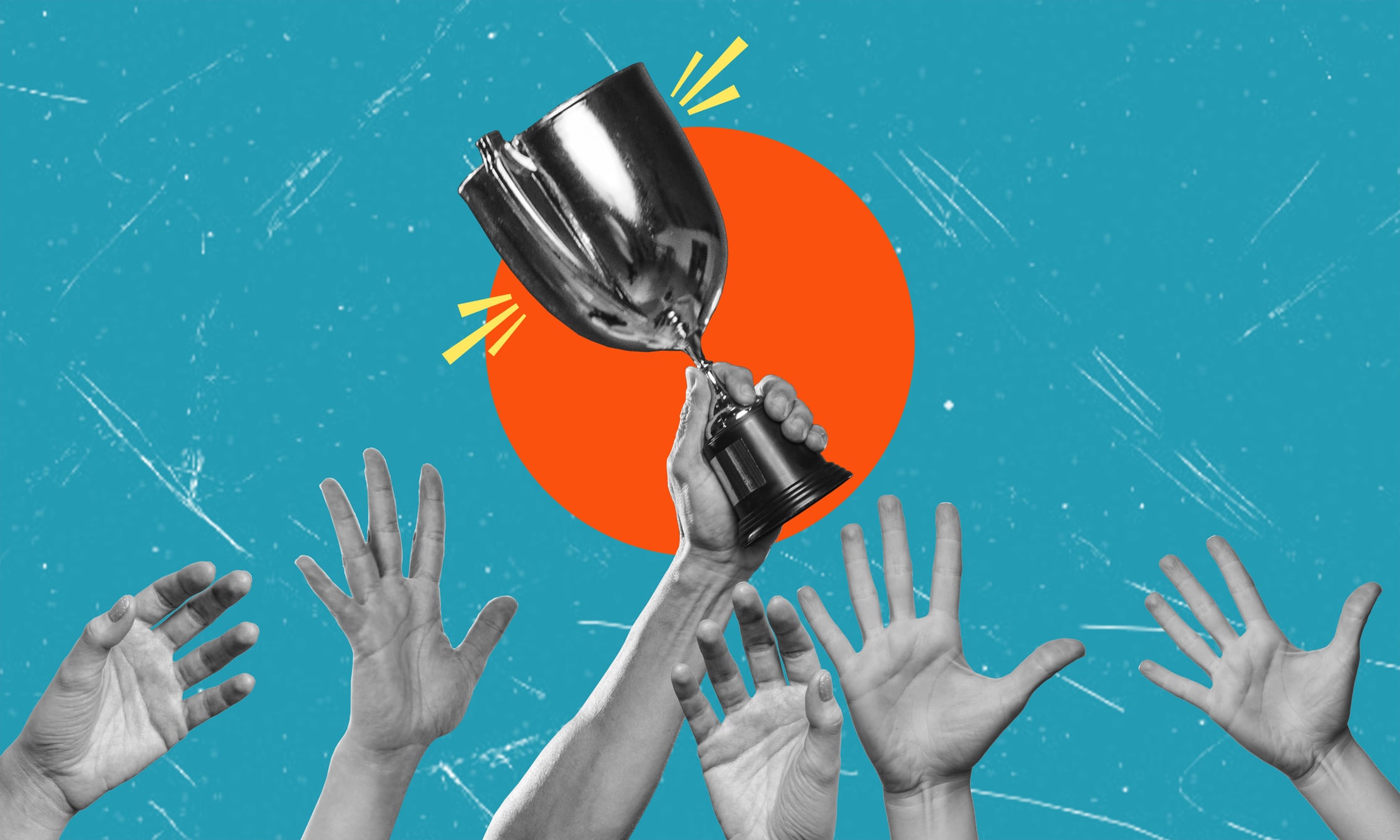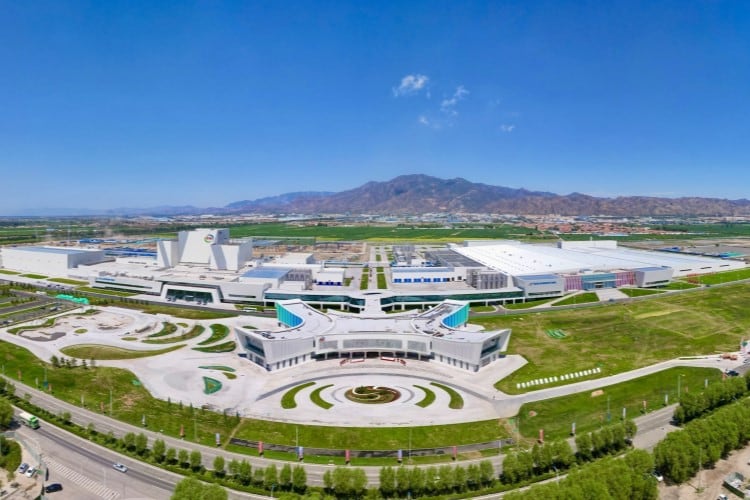Key takeaway
- Nestlé remains the top food and beverage brand with a valuation of $20bn, maintaining its position for a decade.
- Yili, despite being the third most valuable dairy brand, experienced a decline in brand value due to structural and economic pressures.
- Amul recorded significant growth in brand value, attributed to a 24% increase due to its North American expansion and strong financial performance.
- Valio is recognized as the strongest dairy brand in Europe, benefiting from the demand for protein-rich products and emphasizing Finnish origin.
- Président, a Lactalis brand, saw a 45% increase in brand value, driven by strong local consumer loyalty and international expansion.
Brand valuation consultancy Brand Finance released its annual list of the world’s top food and beverage brands.
Nestlé ($20bn) held the top position for a 10th year running, with snack giant Lay’s ($12.7bn) in second and Chinese dairy major Yili ($11.2bn) in third.
Meanwhile, Finnish dairy company Valio was named the strongest food brand for 2025.
How did other dairy majors such as Danone and Arla perform – and what led to their ranking improving or declining?
We speak to valuation director Henry Farr to find out more . . .
The scope and weight of Brand Finance’s brand valuations
Brand Finance determines the relative strength of brands using a balanced scorecard of metrics that assess marketing investment, stakeholder equity, and business performance, we were told.
The company also manages the Global Brand Equity Monitor, which conducts proprietary market research each year on 6,000 brands, surveying over 175,000 people across 41 countries and 31 industries. The Brand Strength Index combines insights from the Global Brand Equity Monitor with data from its valuation database.
“We adjust the rating up or down by evaluating Brand Strength, which is assessed through two fundamental pillars: Brand Perceptions, measuring brand awareness and stakeholder opinions on its offering, and Customer Behaviours, reflecting the impact of these perceptions on demand, pricing, and advocacy,” Farr told us.
“Each brand is assigned a Brand Strength Index (BSI) score out of 100, which contributes to the brand valuation calculation. Based on this score, brands receive a corresponding brand rating, ranging up to AAA+.”
There were no changes in the Dairy top 5 – but a closer look at the overall Food 100 chart reveals that Asia-based dairy majors Yili, Mengniu, Vinamilk and illuma all lost brand value YoY.
“These dairy brands’ decline in brand value can be attributed to a mix of structural and economic pressures, including weakened global demand and changing consumer preferences,” Farr told us. “These factors coincided with declining brand strength.”
On the other hand, India’s largest dairy co-operative, Amul, recorded a 24% jump in brand value as it embarked on a North American expansion in the past year. The company’s brand value came to $4.1bn in 2025, enabling it to climb to 14th place in the Food 100 2025 ranking. Brand Finance primarily attributes Amul’s brand value growth to strong financial performance, with the brand reporting a 12% revenue growth in 2024, reaching approximately ₹90,000 crore ($11bn), Farr told us.
“Amul’s sustained growth is also largely driven by the strength of its brand,” Farr added. “Amul was named India’s strongest brand in 2025, with its rising Brand Strength Index (BSI) driven by consistent innovation, emotionally resonant marketing, a strong digital presence, and deep consumer engagement. In India, the brand maintains high preference and loyalty, supported by strong price acceptance and consumer trust. This solid foundation is now enabling its global push.”
“Amul’s entry into the US market marks a key step in its global expansion, targeting the Indian diaspora and South Asian consumers, while also aiming to appeal to mainstream Americans seeking authentic Indian dairy products,” he added. “The move reflects Amul’s ambition to become a global dairy leader while maintaining its roots in Indian heritage.”
Arla’s value dips, Valio’s skyrockets
Over in Europe, Arla Foods - which is in the process of merging with Germany’s DMK to form the continent’s largest dairy co-operative - has seen its brand value decrease by 9% to $2.5bn.
Brand Finance research shows a decrease across key brand metrics in major markets, with drops in familiarity, consideration, and preference.
“These metrics could indicate waning consumer engagement and brand affinity, with demand impacted by both regional economic factors and global dairy market conditions,” Farr said.
Meanwhile, Finnish dairy major Valio has risen to become the dairy sector’s strongest brand – up from 6th in 2024 – and is now the strongest European food or drink brand overall.
“Its success stems from capitalising on the growing demand for protein-rich dairy products while emphasising its Finnish origin, which is strongly associated with quality, sustainability, and traceability,” Farr told us. “This positioning resonates with consumers seeking natural, locally sourced nutrition, enabling Valio to outperform competitors.”
Brand Finance research shows that Valio achieves a 10 out of 10 rating for preference, consideration, understanding, and recommendation among Finnish consumers – “a clear reflection of its dominant market position and exceptional loyalty in its home market” according to Farr.
“This performance evidently challenges the assumption that only multinational giants can command such strong brand power.”
Henry Farr of Brand Finance on Valio's emergence as Europe's strongest food brand
Lactalis cheese brand Président also increased its brand value this year, jumping from 40th to 20th in the Food 100 and from 8th to 6th in the top 10 dairy chart.
“Président has emerged as the world’s fastest-growing dairy brand in 2025, with its brand value increasing by 45% to $3.2bn,” Farr said.
“It also boasts a BSI score of 74.1 out of 100 and an AA rating. This growth is underpinned by exceptional performance across key brand metrics – particularly familiarity, consideration, and preference among French consumers – reflecting its deep local resonance and strong customer loyalty.
“While firmly rooted in its home market, Président’s consistent quality, broad product portfolio, and ability to adapt to international tastes have enabled it to strengthen its presence abroad, driving both domestic dominance and global expansion,” he concluded.
Meanwhile, Lactalis holds the title of the world’s most valuable dairy brand portfolio, with a combined brand value of USD17.9 billion, according to the consultancy.
“As the world’s largest dairy company, Lactalis brings significant advantages to its individual brands, by providing exceptional market scale, supply chain control, and brand visibility,” Farr told us.
“Président, in particular, is a prime example of how strategic alignment within a dominant portfolio can accelerate growth, improve brand strength, and drive long-term consumer loyalty, especially in core markets like France, where the brand commands exceptional consumer loyalty and recognition, which in turn drives brand growth.”
Overall, Europe’s dairy brands have had a mixed year; but M&A activity on the continent could change some companies’ fortunes in more ways than one.
“European dairy brands have shown mixed performances in the 2025 ranking,” Farr said.
“Danone remains the second-strongest European dairy brand despite a slight strop in BSI, now commanding an AA- rating. Denmark’s Arla has also slipped to 10th in the BSI ranking, now ranking behind new entrant American brand Gerber, which sits in ninth.
“Arla’s merger with DMK could potentially have positive implications for its BSI by strengthening stakeholder equity and brand perception through improved sustainability credentials, wider consumer reach, and greater marketing impact across key European markets,” Farr concluded.


